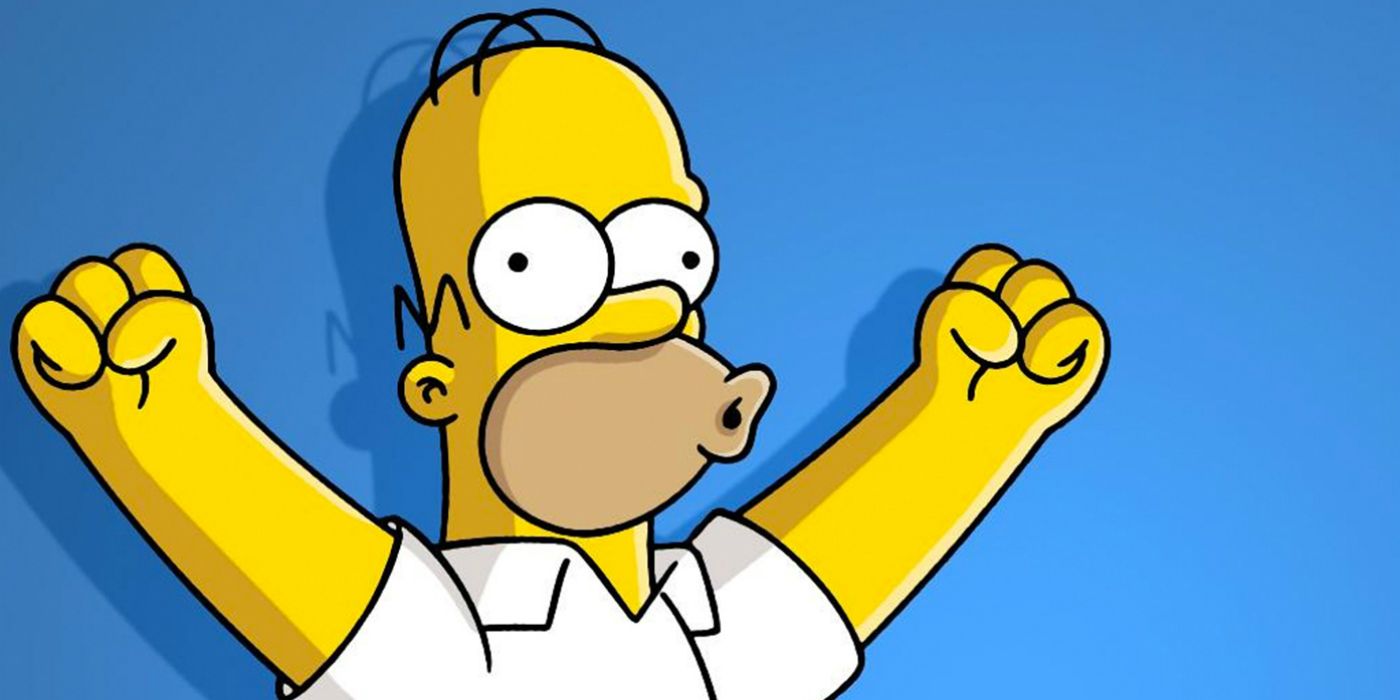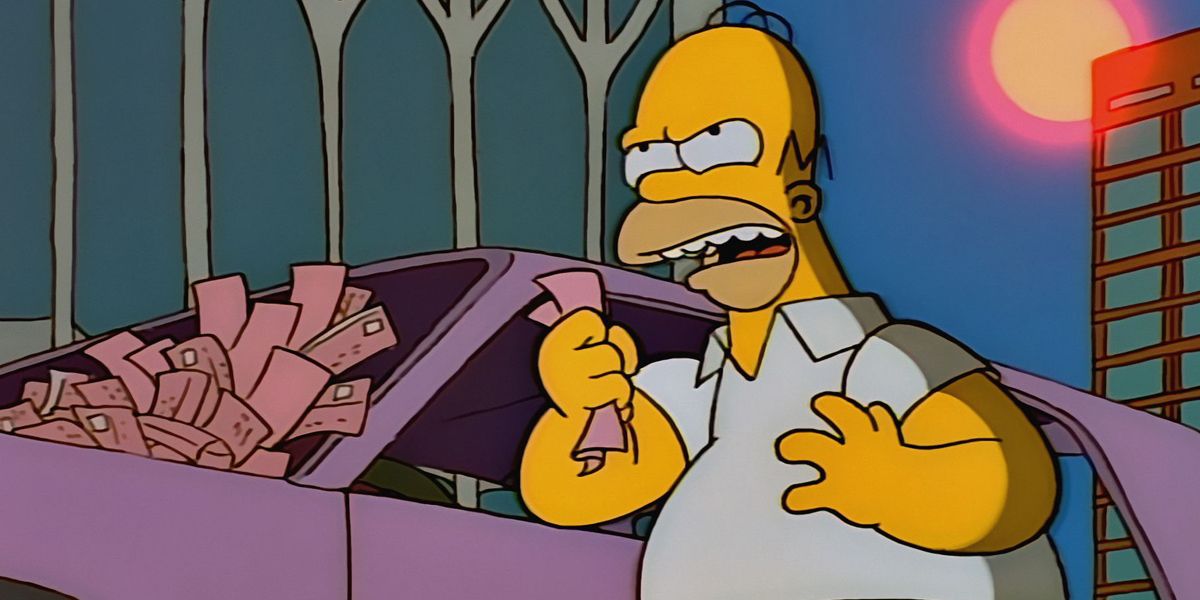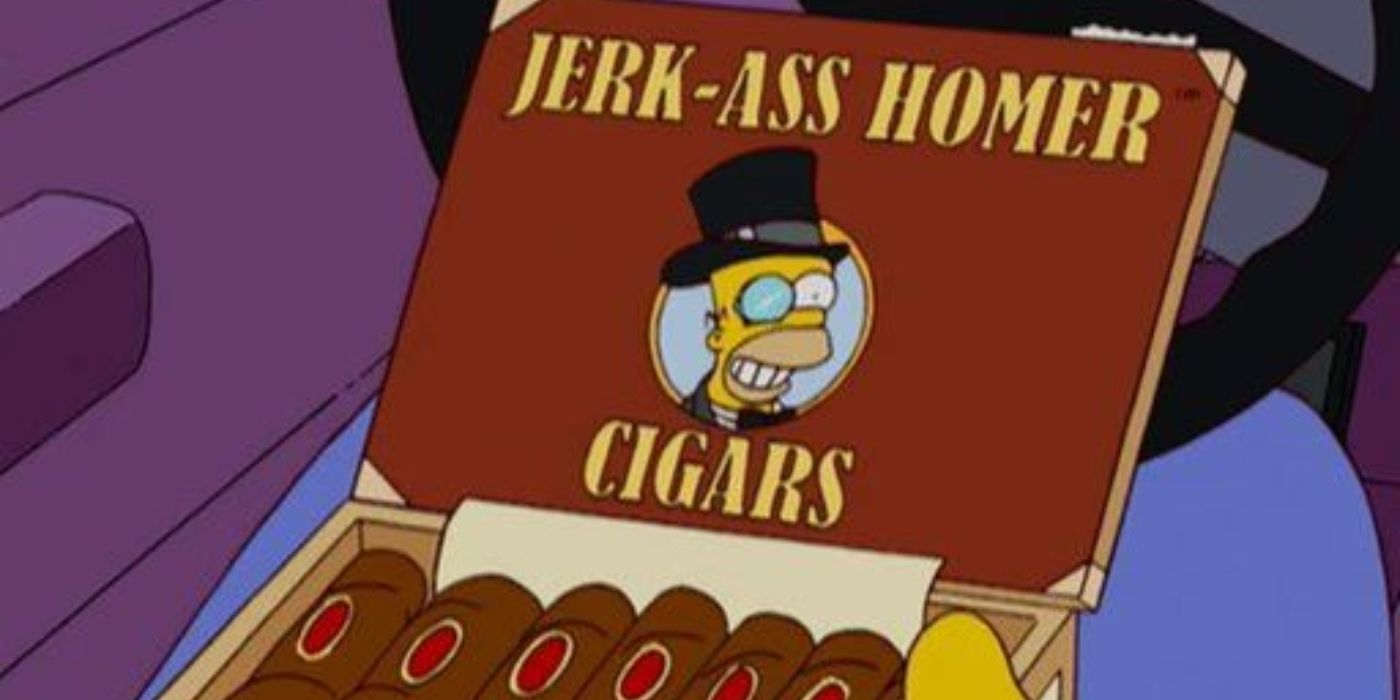As with any show, the characters of The Simpsons have changed and evolved over the years. Being on the air for over thirty years at this point, the Simpsons and their fellow citizens of Springfield have morphed drastically in various shapes and forms. But sometimes, those changes come at the expense of what makes the characters so appealing in the first place.
Let's look at how Homer Simpson becomes "Jerkass Homer," and how this transformation irrevocably changed the character from his Golden Age incarnation.
The Simpsons nominally focus on the entire titular family and their lives in the American town of Springfield. However, by the time of the show's Golden Age (traditionally considered Seasons 3-8), the series largely focused on Homer. The patriarch of the family, Homer is boorish, lazy and quick-tempered, but defined by some unshakable morales and unwavering love and loyalty for his family that trumps his own selfish needs or even personal safety. Homer in many ways acts terribly and selfishly, making the description by Frank Grimes of the character being "what's wrong with America" sting so much harder.
But because Homer is ultimately a good man at the end of the day, he remains a likable character. It's arguably one of his most important attributes, making for a throughline for Homer as a character during the Golden Age even as the show morphed him into an increasingly simple-minded but easy-going character to better reflect the increasingly cartoonish and outlandish nature of the show. Homer may have gone on more absurd adventures (such as going into space or becoming the figure-head for a global Illuminati), but in those episodes, his ultimate motivations are making his family proud and people happy respectively. It kept him grounded emotionally and made him likable and entertaining despite his flaws.
As the Golden Age came to a close, however, Homer evolved into a far harsher character. Following "Homer's Enemy," Season 9 saw Homer increasingly driven by his baser instincts (such as in "The City of New York vs. Homer Simpson" and "Reality Bites") while ignoring the wishes of his family and friends. Multiple episodes in Season 10, including "Lard of the Dance," "When You Dish Upon a Star" and "Homer to the Max," featured a Homer who was solely driven by personal gain and pride. Homer became more belittling of others, less concerned with the safety of his children and increasingly driven by his own personal greed. He was quicker to anger and mockery and suffered more slapstick comeuppance instead of actual growth or consequences for his actions.
This was also reflective of the show as a whole, with showrunner Mike Skully's tenure on the series considered controversial for embracing an increasingly crass tone. This was made no clearer than with Homer, who morphed from a well-meaning buffoon into a mean-spirited punchline. As essentially the main character of the series at this point, the change in comedic tone was most prevalent in Homer, making his transformation more jarring. Even as other characters grew along those same lines (such as Ned Flanders, who's own evolution earned him the shorthand Flanderization), Homer's transformation was more severe -- in effect ruining the element that made him likable despite his actions.
"Jerkass Homer" -- a reference to an insult Homer throws in the season nine episode "The Joy of Sect" -- persisted through multiple seasons of the show, with Homer at various points framing Marge for drunk-driving (Season 15's "Co-Dependents' Day"), abandoning his father to die in the hospital instead of donating a kidney (Season 10's "Homer Simpson in: "Kidney Trouble"") and forcing the entire town of Springfield to relocate after he flooded the area with garbage (Season 9's "Trash of the Titans"). This continued until the late-teen years of the show when Bart, Lisa and Marge received more episode-focus. Homer was relegated to the sidelines and forced to play comedic wing-man and act as a punching bag for his family.
As the series continued to morph and change over the years, Homer has regained some of his more amiable charms from earlier seasons -- with the series even referencing the period with "Jerkass Homer" brand cigars in Season 19's "E. Pluribus Wiggum." Elements of Homer's darker impulses still persist in some aspects, but many modern episodes work to make the character's loyalty and well-meaning impulses more relatable and sympathetic.



